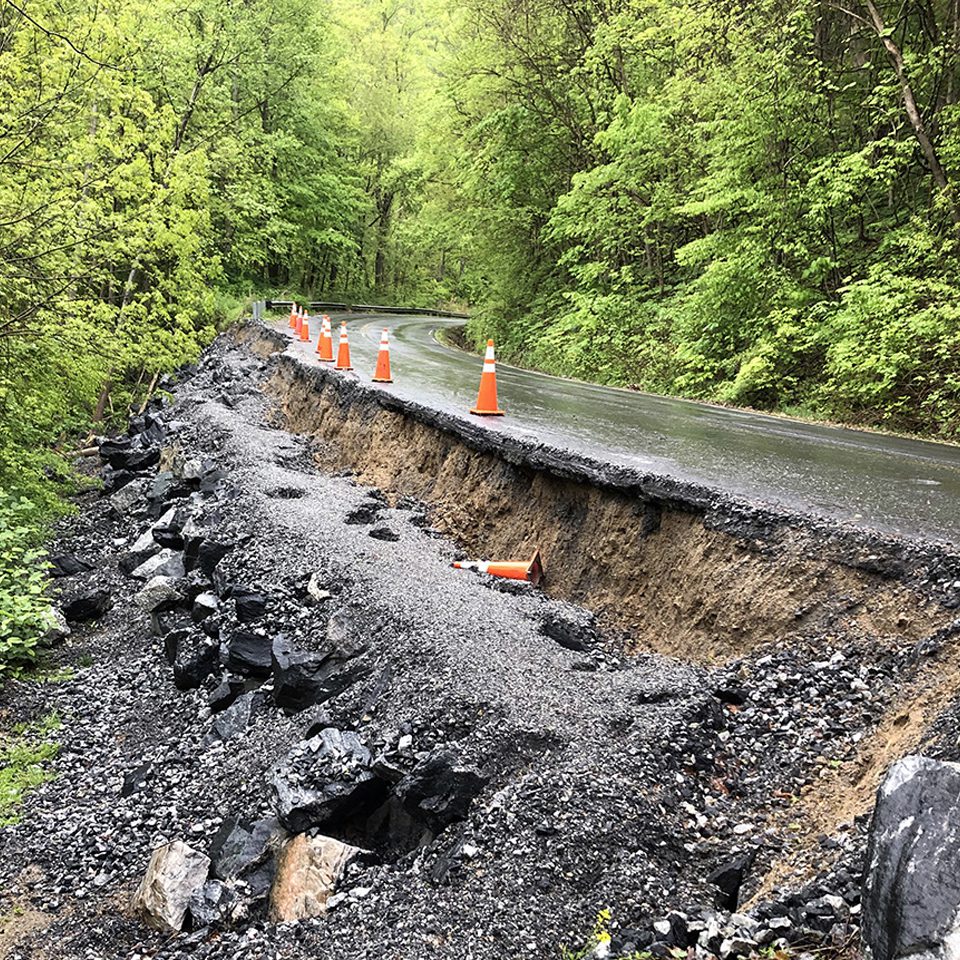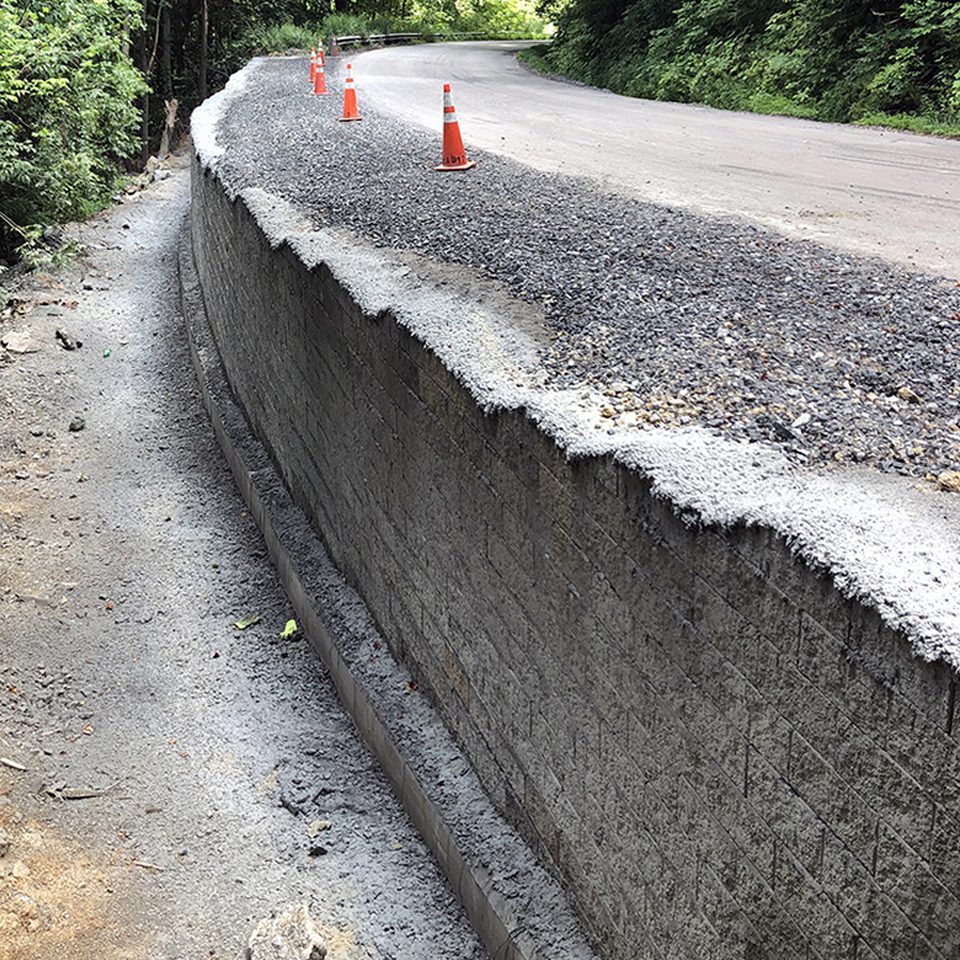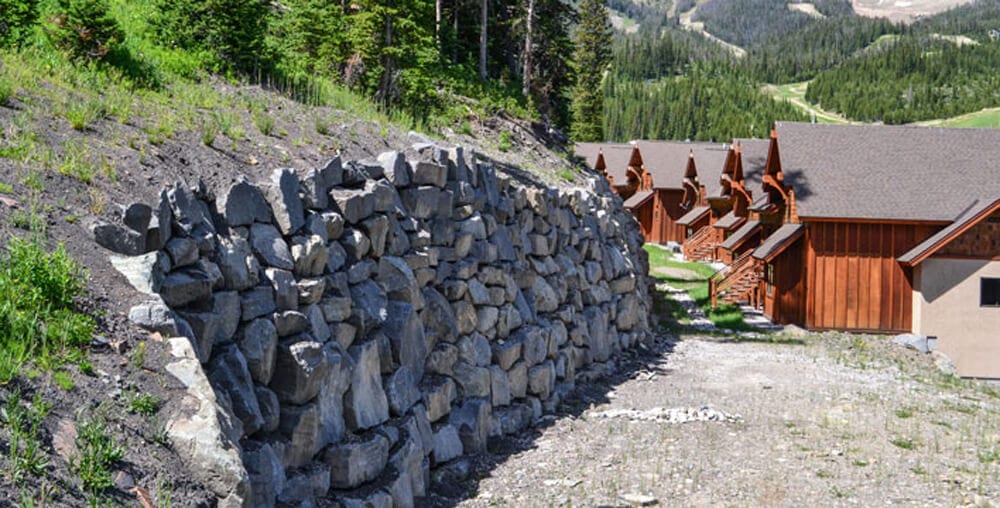




Geosynthetic Confined Soil Walls (GCS®) represent a cutting-edge solution in the realm of soil reinforcement, offering a unique composite system that distinguishes itself from traditional methods. Unlike conventional reinforced soil walls where the primary function of the reinforcement material is to bear the load, GCS® employs close spacing to confine granular soil particles effectively. This distinctive approach ensures that soil dilation is prevented, mitigating the risk of shear failure.
In GCS®, the reinforcement material does not shoulder the load; instead, it acts as a confinement mechanism for the granular soil particles. By preventing individual particles from dilating, GCS® shifts the failure mode away from load-bearing failure towards shear failure. The difficulty in shearing bedrock particles contributes to the remarkable strength of GCS® pillars, requiring an impressive 22,000 lbs/sf to induce failure.
One of the key features of GCS® is the utilization of closely spaced inclusions, typically ranging between 8 to 12 inches. This close spacing significantly enhances particle confinement, prompting the failure mode to divert towards shear through the particles. A common standard solution employs 8-inch spacing coupled with woven geosynthetics boasting wide strip tensile capacities ranging from 100 to 400 pounds per foot. This combination ensures robust confinement while optimizing the structural integrity of GCS®.
Compaction plays a pivotal role in the success of GCS® by ensuring effective particle confinement. Uncompacted backfill poses a substantial risk, as it lacks the ability to self-compact under loading conditions, ultimately leading to failure. The critical role of compaction underscores the importance of meticulous construction practices when implementing GCS® walls.
Ready to transform your soil reinforcement projects? Embrace the innovation and reliability of Geosynthetic Confined Soil Walls (GCS®) today. Elevate your engineering solutions with our cutting-edge composite system that prevents shear failure and ensures unparalleled structural stability.
Join the forefront of innovation – choose GCS® for a stronger, more reliable tomorrow. Act now to build the future!